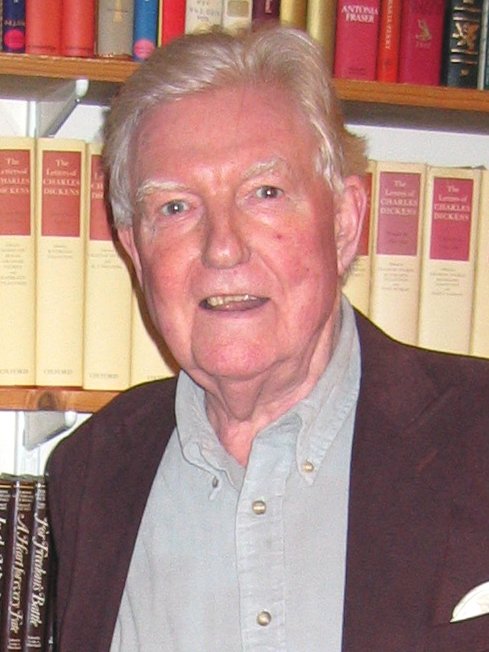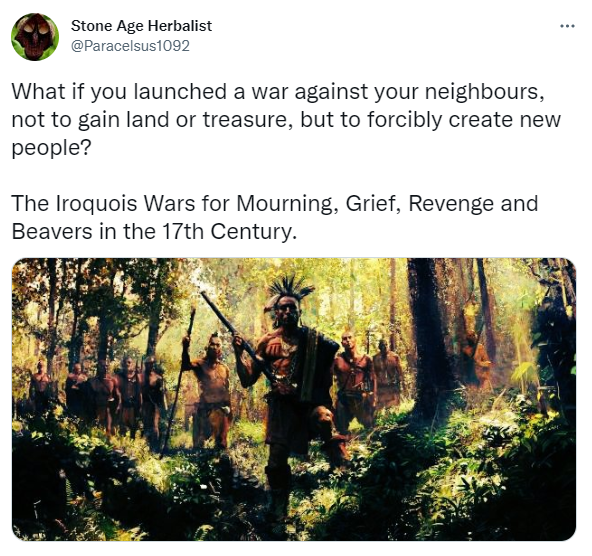Linkfest 2023-01-13: Paul Johnson

Paul Johnson
By Alan Davidson - https://catalog.archives.gov/id/162904846, Public Domain, https://commons.wikimedia.org/w/index.php?curid=103165553
With the passing of Paul Johnson, here is a collection of John J. Reilly’s essays commenting on Johnson and his influence.
The Long View: Art: A New History
Paul Johnson is the Howard Zinn of the right. Like Zinn, he is really popular, but also like Zinn Johnson is also willing to bend the facts to tell the story he wants to tell. If you keep that in mind, Johnson's books can be fun and even informative, but he shouldn't be your primary source.
The Long View: A History of the American People
I've never been able to read A History of the American People. I've tried twice, but something about Johnson's style makes his books unreadable to me. I want to read his books, if only because he covers topics that interest me. Maybe it is his partisan unfairness to people he doesn't like. Or his willingness to bend the truth in search of a narrative.
The Long View 2008-10-05: Dégringolade
The 1983 version of Modern Times that John J. Reilly recommends here can be picked up for $3 USD used on Amazon. I have read parts of Paul Johnson’s A History of the American People, but only seen snippets of the earlier and broader work. I don’t find Johnson’s works readable, as his partisanship is too galling to me, but in small doses I enjoy his counter-narrative.
Isegoria: A Canticle for Leibowtiz
Today, especially amongst American Protestants-turned-agnostics, we look at the Catholic Church as an enemy of Truth and Progress — the Church silenced Galileo! — but through most of human history it served as a kind of Long Now Foundation, establishing rites and rituals that would sustain the Church and its traditions for generations and giving great thought to Big Questions.
I did not know it at the time, but Walter Miller, the author, had served in a bomber crew that helped destroy the monastery at Monte Cassino during World War II, and he converted to Catholicism after the war. Seen through his sympathetic eyes, the Church is a source of great practical wisdom, with established methods for steering flawed human beings toward productive behaviors — not unlike the Overcoming Bias and Less Wrong crowds, but more experienced, if also tied to a peculiar cosmology.

The Mourning War. History is always stranger than fiction.

The Pathos of Things: Tech's First War on Time and Space
Music is based on harmony, the invisible force which operates between notes, and mathematical time, the clockwork of the Faustian soul.
Comments ()